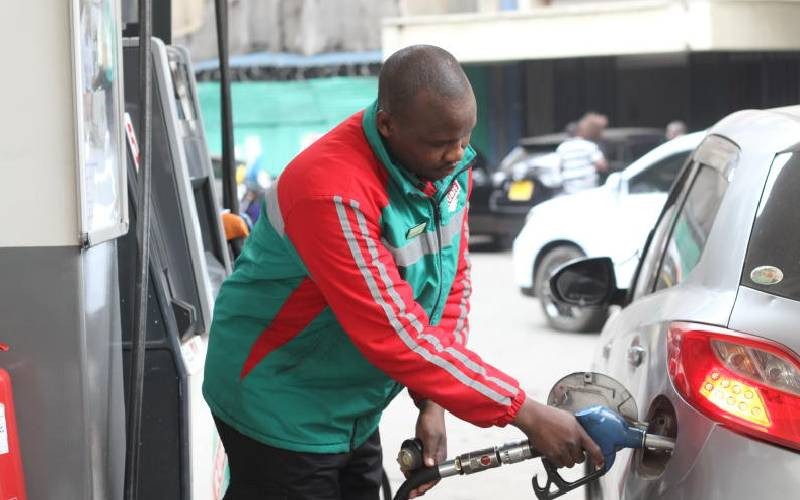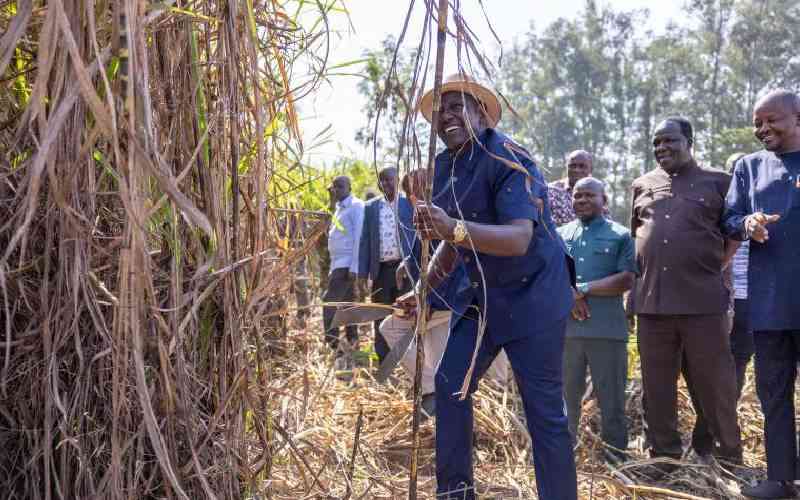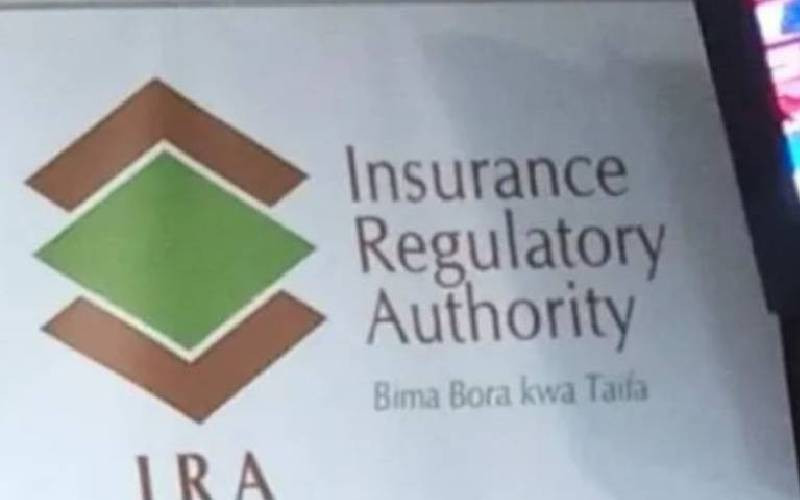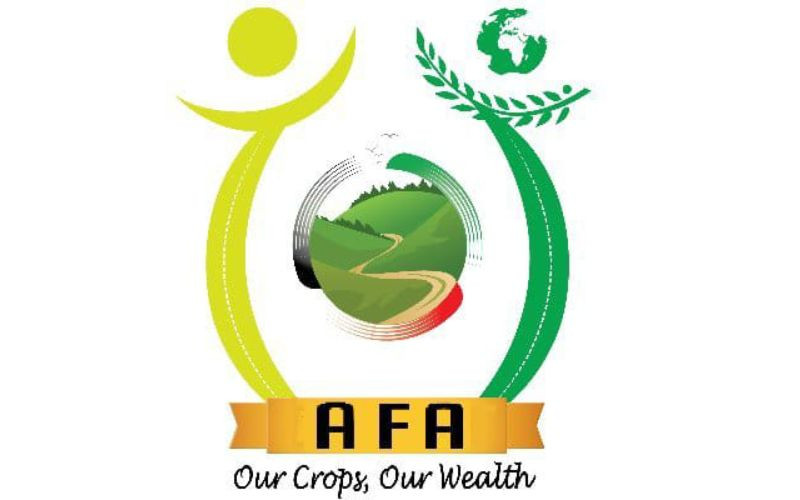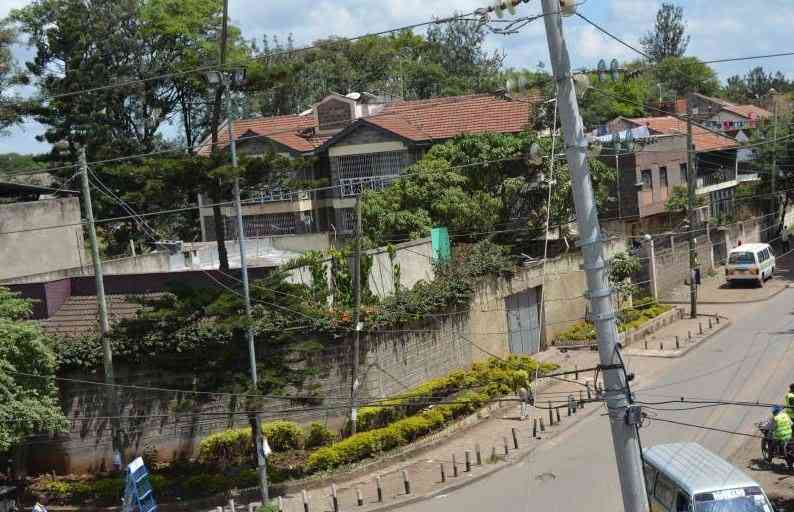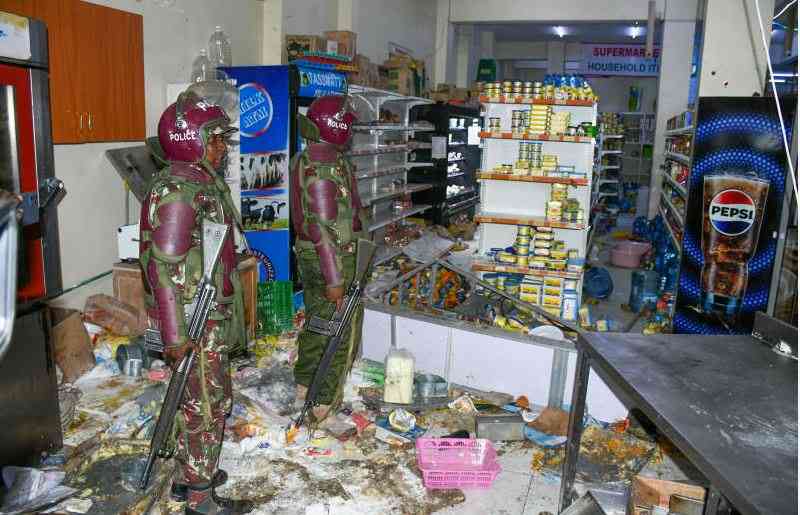
The images of burned shops, looted supermarkets and charred business premises from Mt Kenya during the Saba Saba demonstrations were heartbreaking. For many, it seemed like the violence targeted Kikuyus.
But here’s the truth many ignorant voices, including those in government, refuse to confront: the loss was not just for Mt Kenya. The loss was Kenyan. The destruction of businesses, whether owned by Kikuyus, Merus, Embus or anyone else, is not a regional wound. It is national haemorrhage.
This country has paid a heavy price for peace, and it must not be allowed to slide into a culture of violence, orchestrated by state agents or criminal opportunists. Kenya is at a turning point. What we do in face of violence will define whether we move forward as a united republic or regress into the darkness of tribal division and economic ruin.
Let’s put one myth to rest: the businesses that were attacked were not just Kikuyu businesses. Yes, many of them are owned by individuals from Mt Kenya, but they are national in character and impact. Take any successful supermarket chain or hardware store in Nyeri, Embu, or Kirinyaga and look at its workforce. You’ll find staff from every corner of Kenya, Luo cashiers, Kamba tellers, Luhya security guards, Somali suppliers and Kisii accountants. Why? Because in commerce, tribe is not a hiring policy.
Employers hire people who are available, skilled and willing to work under the terms offered. Ironically, in many cases, Mt Kenya employers have hired people from other communities not out of charity but because they accept lower wages or are more willing to do certain jobs.
So when these businesses are attacked, it is not just Kikuyu owners who lose. It is hundreds, sometimes thousands of Kenyan workers, most of them non-Kikuyu, who suddenly lose their incomes. Their families suffer. Their children drop out of school. Their lives are disrupted. That’s not a regional loss. It is a Kenyan tragedy. The economic consequences of business destruction go even deeper. Kenya is a tax-based economy. Every time a business is burned or looted, the taxman loses a future source of revenue. VAT, corporate tax, Pay-As-You-Earn, licenses, levies, all of these vanish the moment a store is turned into ashes.
To make matters worse, the businesses that have suffered losses will be entitled to tax reliefs, write-offs, and claims, thereby reducing the total amount of tax they owe in future. So, not only is there an immediate loss of revenue due to closure, there is also a future deduction that will shrink the national tax pool. And who bears the burden of filling this gap? You. Me. Every other Kenyan struggling under the weight of an already bloated and punitive tax regime.
In short, the destruction of Mt Kenya businesses is a blow to the Treasury. To your hospital. To your roads. To your children’s schoolbooks. It is a blow to Kenya. It doesn’t matter who did it. The result is the same. Some have claimed that the violence in Mt Kenya was orchestrated by criminal gangs hired by the government to portray protesters as anarchists. Others insist it was just looters and opportunists exploiting a moment of chaos. The truth may lie in between.
Violence has no winners. Not in a country like Kenya, where ethnic interdependence is part of everyday life. A Kikuyu entrepreneur in Meru depends on Kamba suppliers from Machakos. A Kikuyu boda boda rider in Karatina relies on a Luo mechanic. A Somali wholesaler in Nairobi depends on a Kikuyu distributor from Nyandarua.
We live together. We work together. We intermarry. We survive together. When one part of the country is set ablaze, it’s not a victory for others. It’s a shared loss. And it doesn’t stop with the economy. Violence creates a culture of fear. It silences dissent. It invites more state repression. It encourages ethnic scapegoating. And it ends in the kind of bloodshed we saw in 2007. A tragedy that this generation must never allow to be repeated.
The way forward is not through arson and looting. It is through obedience to the national values and principles embedded in our Constitution and political responsibility. The government must create space for peaceful dissent. Protesters must isolate and reject criminal elements.



